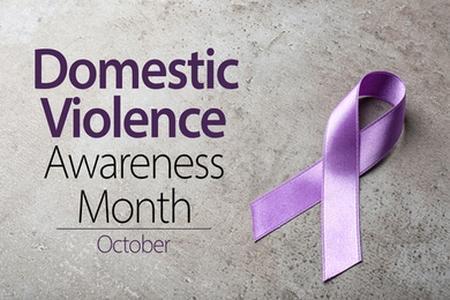What Are the Types of Protective Orders Available in Illinois?

There are multiple types of situations where a person may need to receive protection from domestic abuse or other harmful conduct. An order of protection can be used in these cases, and it can help a person leave an abusive situation, prevent their abuser from contacting them, and put other restrictions in place. In a recent blog, we looked at when an order of protection may be appropriate. As a follow-up, we wanted to look at the types of orders that are available and the process that is followed when a person asks for these types of protections.
Types of Orders of Protection
Most of the time, a victim of domestic abuse will file a petition for an emergency order of protection. This is also known as a temporary or “ex parte” order of protection, and a person can request a hearing before a judge where they will provide reasons for why the order is necessary. The respondent to the order does not need to be present at this hearing, and they will usually be notified after the order has been issued.
An emergency order of protection will last for between 14 and 21 days, and during this time, a hearing will be scheduled to determine whether more permanent solutions are needed. If necessary, an interim order of protection may be issued for up to 30 days, ensuring that protections will remain in place until a hearing can be held.
During an order of protection hearing, the petitioner and respondent will both appear, and they may each present evidence showing why continued protections are or are not needed. Based on this evidence and the testimony from both parties or any other witnesses, a judge may choose to issue a plenary order of protection. This type of order can last for up to two years. If a respondent does not file a court appearance after the issuance of an emergency order of protection, or if they fail to show up to the order of protection hearing, a default judgment may be entered, and a plenary order may be issued.
Contact our Kane County Family Law Attorneys for Domestic Violence Cases
At Goostree Law Group, we understand the difficulties faced by victims of abuse, and we work to help people obtain the necessary protections in these cases. In an upcoming blog, we will look at the types of restrictions and requirements that may be put in place through an order of protection. If you have any questions about whether a protective order may be right for your situation, or if you need help addressing issues related to abuse during a divorce or child custody case, contact our St. Charles order of protection lawyers at 630-584-4800 and arrange a complimentary consultation at our firm.
Sources:
https://www.ilga.gov/legislation/ilcs/ilcs5.asp?ActID=2100
https://www.ilga.gov/legislation/ilcs/ilcs3.asp?ActID=3123&ChapterID=57











